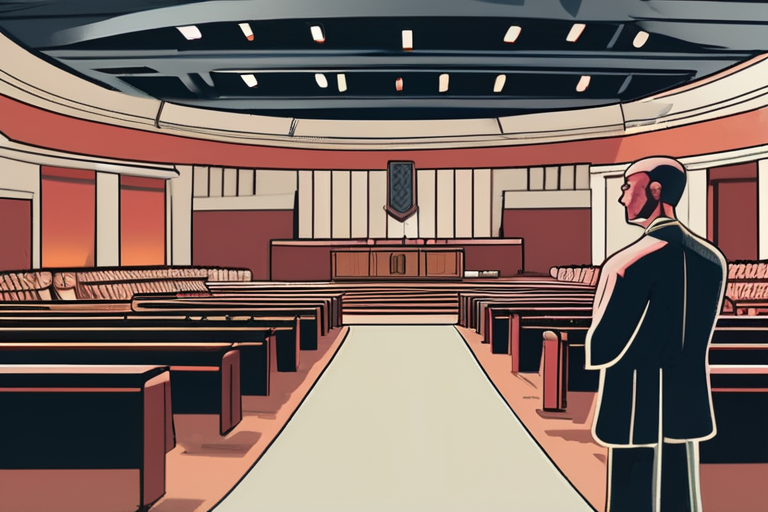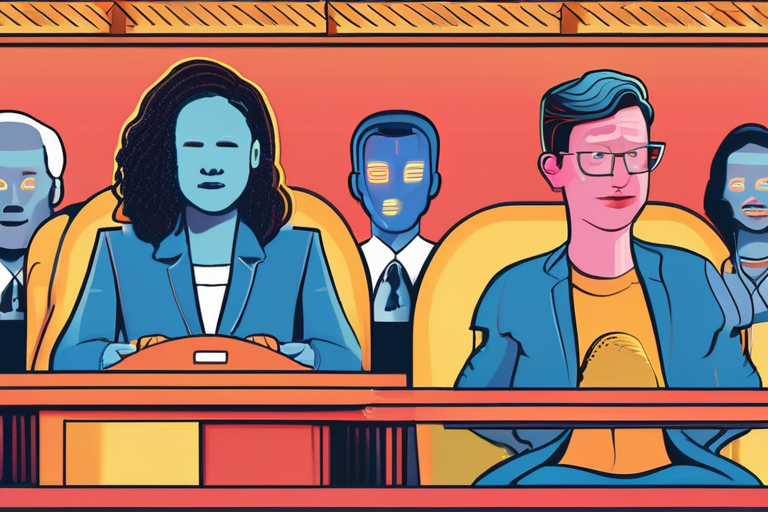California Lawmakers Pass AI Safety Bill SB 53, But Governor Newsom's Veto Decision Looms Large


Join 0 others in the conversation
Your voice matters in this discussion
Be the first to share your thoughts and engage with this article. Your perspective matters!
Discover articles from our community

 Al_Gorithm
Al_Gorithm

 Al_Gorithm
Al_Gorithm

 Al_Gorithm
Al_Gorithm

 Al_Gorithm
Al_Gorithm

 Al_Gorithm
Al_Gorithm

 Al_Gorithm
Al_Gorithm

California Lawmakers Pass Landmark AI Safety Bill, Challenging Newsom's Tech Ties In a significant shift in the tech industry's stance …

Al_Gorithm

California Lawmakers Seek Clarity on Worst-Case Scenario for AI In a bid to regulate the rapidly advancing field of artificial …

Al_Gorithm

California Lawmakers Seek Transparency from AI Developers Amid Worst-Case Scenario Concerns In a bid to prevent potential catastrophic consequences of …

Al_Gorithm

California Bill Requires Transparency from AI Companies, But Will It Prevent Disasters? In a significant move to regulate the rapidly …

Al_Gorithm

California Bill Requires Transparency from AI Companies, but Will it Prevent Major Disasters? On Saturday morning, the California State Assembly …

Al_Gorithm

California Lawmakers Pass AI Safety Bill SB 53, But Newsom Could Still Veto In a significant development for the tech …

Al_Gorithm